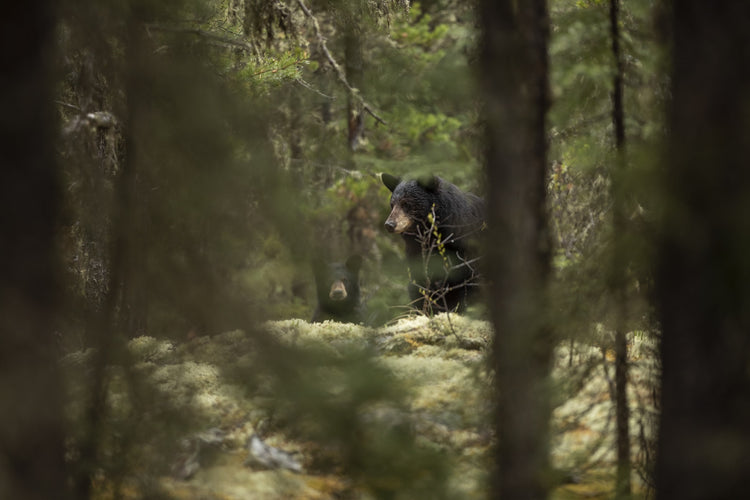While it sounds simple, I’ll be the first to admit that knocking on a stranger’s door isn’t easy. We’ve all been there – driving by a farm time and time again wishing you could hunt it, but lack the courage to stop and ask. When I moved to Wisconsin to work for Mathews, I found myself without access to hunting land for the first time in my life, so I had no choice but to start knockin. I still remember my sweaty palms, elevated heart rate and knots in my stomach the first time I approached my first door. I received a definitive no, but after several houses I became more confident and finally heard the magical word, “yes”. Three years and hundreds of acres of borrowed hunting land later, I’ve learned what works and what doesn’t. Below are six tips to help you lock in your next piece of hunting ground.
WHEN I MOVED TO WISCONSIN TO WORK FOR MATHEWS, I FOUND MYSELF WITHOUT ACCESS TO HUNTING LAND FOR THE FIRST TIME IN MY LIFE, SO I HAD NO CHOICE BUT TO START KNOCKIN…THREE YEARS AND HUNDREDS OF ACRES OF BORROWED HUNTING LAND LATER, I’VE LEARNED WHAT WORKS AND WHAT DOESN’T.
1. First Impression is everything
You may only have seconds for your pitch that will determine whether or not you gain access to that honey hole, so it’s important you give a good first impression. When you knock on the door, take a step back, keep your hands out of your pockets and smile. As a general rule of thumb I avoid knocking in camo. In my personal experience it can be a real turnoff for landowners who have had a bad experience with hunters. Make sure you shower, trim your beard, wear clean clothes and did I mention, don’t forget to smile?

2. Write a letter
In the digital world we live in the art of a handwritten letter is long forgotten. Putting pen to paper shows that you cared enough to invest the time in writing something thoughtful and considerate. Start the letter by introducing yourself, compliment their land and tell them why you are interested in hunting it. Explain your hunting ideologies and ethics, and ask if they have any rules or preferences on when and where you hunt. This will instill confidence that you will respect their time and their property. Don’t forget to leave your name, address and phone number for them to reach you. I also recommend sending the letter via Certified Mail so you know 100% that they received it.
EXPLAIN YOUR HUNTING IDEOLOGIES AND ETHICS, AND ASK IF THEY HAVE ANY RULES OR PREFERENCES ON WHEN AND WHERE YOU HUNT. THIS WILL INSTILL CONFIDENCE THAT YOU WILL RESPECT THEIR TIME, THEIR PROPERTY AND THE ANIMALS YOU HUNT.
3. Take your kid
It’s almost cheating, but this is very effective, especially with elderly land owners. My friend Mark has landed some great farms by taking his cute 3-year-old daughter to the door with him. He always makes sure she’s in a good mood and dresses her up cute. This also reinforces his primary goal of harvesting lean, organic meat to feed his family.
4. Offer to help around the farm
This can be anything from fixing fence, to working cows, to hauling hay. The amount of work needed to be done around a farm is endless and lending a hand can go a long way in securing your spot to hunt. Pitching in on the land you stand to gain from is also just the right thing to do, and solidifies trust between you and the landowner.

5. Show your gratitude
Stop and check in with the landowner from time to time. It’s important that you build a relationship with them if you intend on hunting their land long-term. Always be courteous and don’t forget to say thank you. I always like to offer summer sausage, backstrap or gift cards to the local diner at the end of each hunting season.

6. Save it for a sunny day
It might be pure coincidence but I always seem to have better luck on sunny days vs. cloudy. There are psychological studies around weather and mood, but I haven’t found any definitive data to back this. Just trust me when I say, there’s something to it.
Good luck out there, gang. Share and tag a friend who needs more hunting land.







